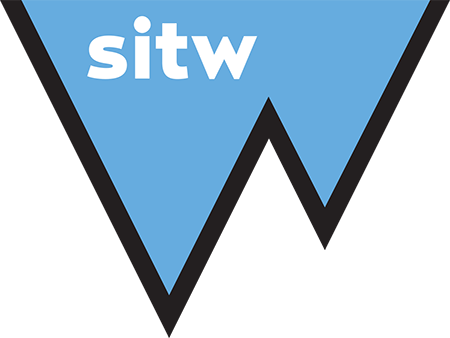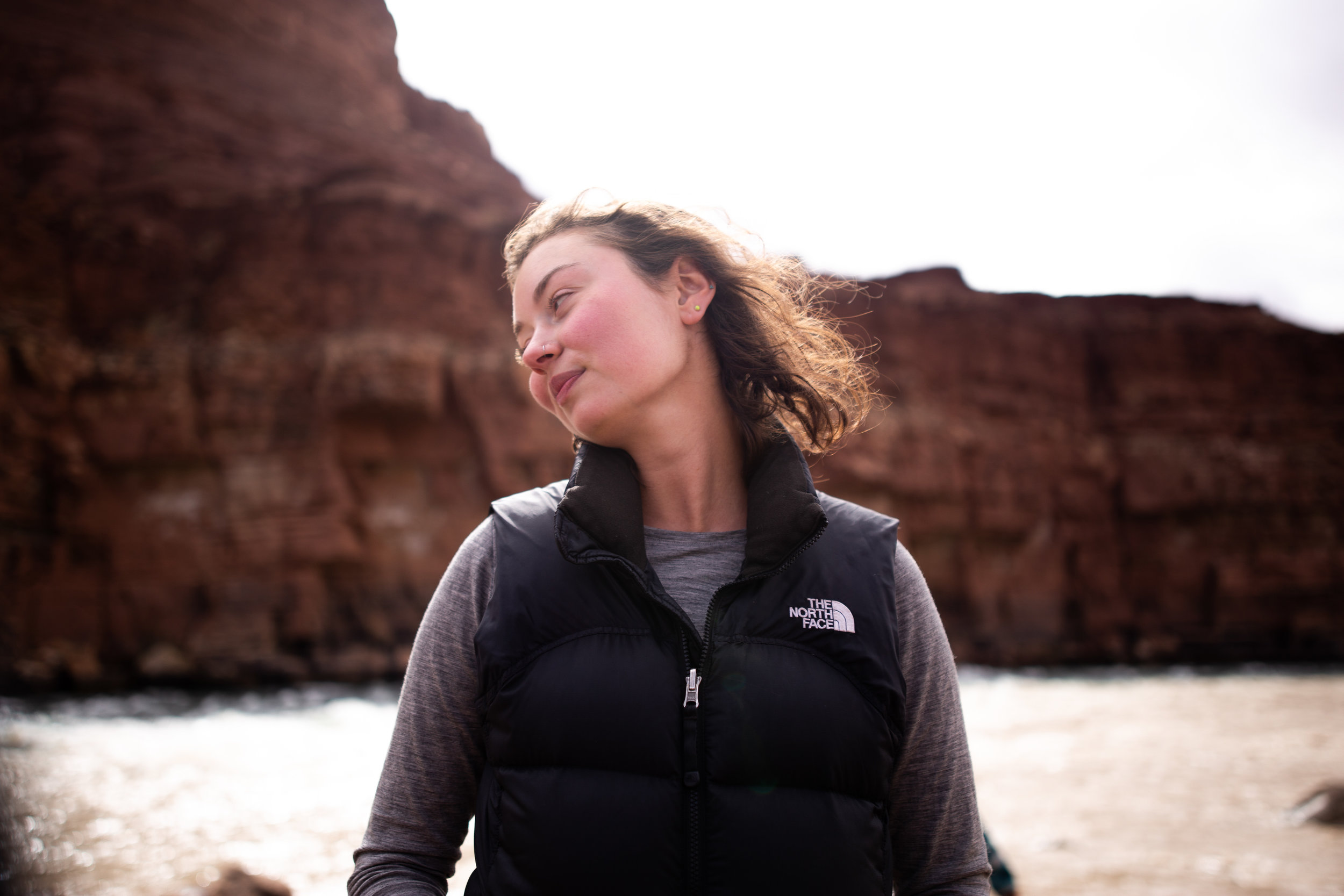Clara Hoffman
Class of 2021, Biology
Thetford Center, VT
Favorite Camp: A grassy crest of Starvation Ridge, north of Enterprise, Oregon
“I want to do good in the world, and I want to have a positive effect and have some sort of lasting change, but also to make the world a more beautiful place.”
The Dream, 1: Be involved in cutting-edge scientific research
Clara Hoffman has already had an impact as a scientist on the frontier of biological research. In high school, on the semester program at the Island School, she conducted marine studies of conch and her results were integrated into the fishing policy of the Bahamas. Later, at the Cold Regions Research and Engineering Laboratory, Clara worked with ancient microorganisms found in the permafrost of the Arctic Circle and the microbial bioremediation of munitions and petroleum on military sites.
The Dream, 2: Translate that research through art in writing and photography
The Island School also cultivated a love for writing in Clara. Assignments centered on “natural history writing” and vivid descriptions of reef ecosystems. Embarking on Semester in the West, the writing of dispatches and other sensory scene descriptions has been Clara’s favorite part of the curriculum, but she admits to feeling insecure around some of the more experienced writers on the trip. Clara’s taken this in a positive direction: “This has made me want to be a better writer more than anything that’s ever happened in my life.”
The Dream, 3: Communicate in a way that is impactful to non-scientists
Clara balances a scientist’s mindset with a rural worldview, a talent not common in the West. Thinking of Wallowa County rancher Todd Nash, a passionate anti-wolf activist, she says “I feel for you, and I can still disagree with your opinions.” This consideration runs both ways, as she found wolf biologist Gabe Spence’s perspective on wolf conservation (“it’s just the moral thing to do”) disturbingly inconsiderate of ranching values. Clara’s deep-rooted belief is that if these two people sat down with one another, “there could be some interesting dialogues. There are a lot of problems that can be solved with plain communication.”
‘Plain’ is key in that sentiment. Researcher John Williams has worked on the wolf predation problem, and communicates his results in easy-to-read papers full of understandable charts and images, but refuses to acknowledge his bias toward ranchers. Recognition of one’s biases and complicity is key to communication, Clara believes. “Can’t you try to understand something that you don’t have experience in?”
By Mitch Cutter
Photo by Abby Hill






